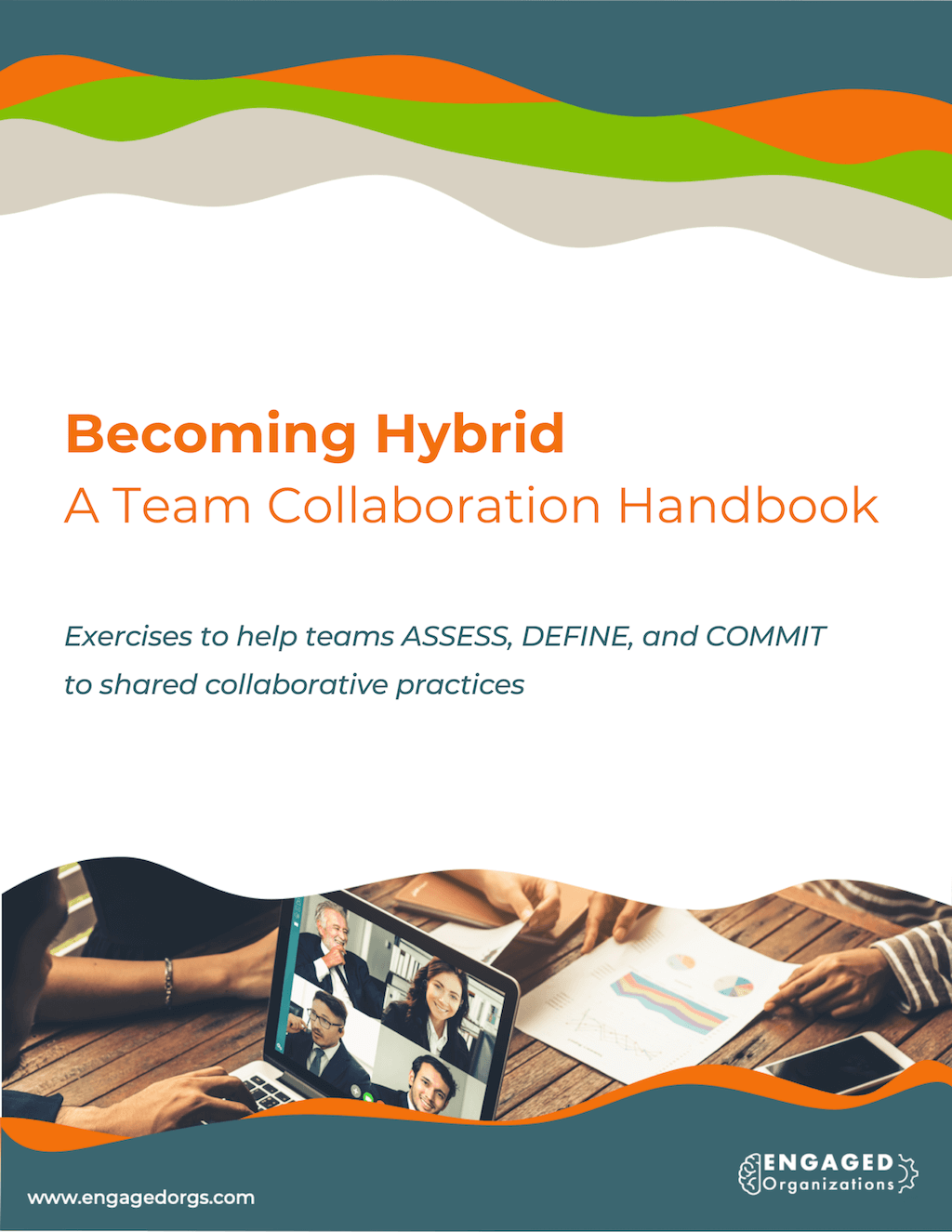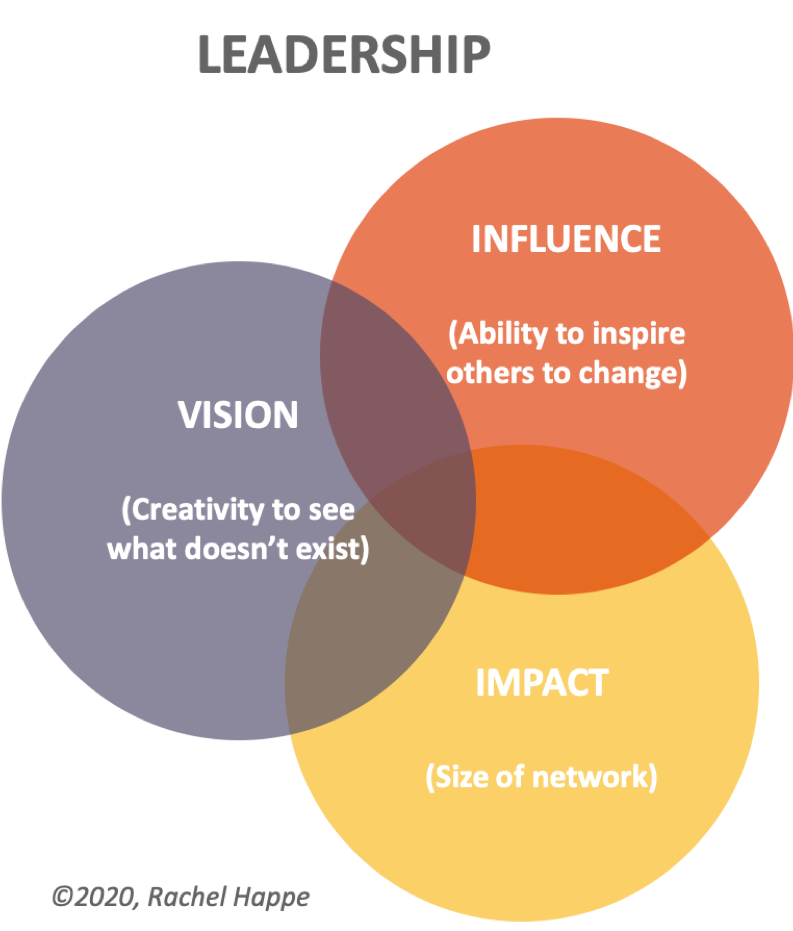Lucidea’s Lens: Knowledge Management Thought Leaders Part 24 – Rachel Happe

Stan Garfield
Rachel Happe (pronounced “hoppy”) is a digital workplace strategist based in Boston. She helps organizations implement emerging technologies to advance their business strategies using the power of community to spark joy in the workplace.
During her career, Rachel has served in analyst, product management, product marketing. and executive roles. She specializes in strategy, leadership, the future of work, the digital workplace, and community management.
Rachel founded Engaged Organizations and The Community Roundtable to support organizations in using community governance models to pursue agility and innovation. Her current work focuses on fostering workplace engagement and transforming how people work by building community-centric cultures. She published a decade’s worth of groundbreaking research in the annual State of Community Management report, including new perspectives on how to measure the engagement, culture, and value of communities.
Profiles
- Engaged Organizations
- The Community Roundtable 1
- The Community Roundtable 2
- Profiles in Knowledge
Book
Becoming Hybrid: A Team Collaboration Handbook

This handbook is organized into three primary sections. The first is designed to do individually and independently. The second and third are intended to be done as a team but can be completed incrementally.
Table of Contents
- Individual Reflection
- Team Discussion
- Team Commitments
Appendices
- Facilitation Guide
- Collaboration Check-up
- Team Discussion Roles
Presentations
Enterprise 2.0 Conference
- 2011 Boston Online Communities – A Strategic Imperative
- 2011 Santa Clara Are You Getting Ahead Or… Are You The Red Queen?
- 2012 Boston The Iceberg Effect of Community Management
Knowledge Management Conferences
- KA Connect 2016 Architecting a Collaborative Culture Using TheCR’s Working Out Loud Framework
- APQC 2019 The Language of Engagement
- KMWorld 2019 C104: Crafting Culture with Communities & Engagement
Other Content
- Engaged Organizations
- Blog
- Medium
- LinkedIn Articles
- LinkedIn Posts
- The Community Roundtable
- The Social Organization Blog Posts
- Muck Rack Articles
- Information Week Articles
- CMS Wire Articles
- SIKM Leaders Community
- Calculating the ROI of Customer Engagement
- 60 Strategy & Leadership Books Written by Women
- Social Media is Not Community
- Do Enterprises Have the Patience to Develop Communities?

Manage the Environment, Not the People
Successful community managers can inspire and organize immense value creation from thousands or tens of thousands of individuals with very few full-time staff. How? They manage the environment, not people or tasks. Community managers ensure that the leadership, infrastructure, resources, metrics, and routines are all set up to make the work of the community easy, satisfying, joyful, and rewarding. They make sure each individual contributor receives more than they contribute by engaging in the work of the community. They must ensure that the culture of the community welcomes, accepts, and supports people. Community leaders do all of this without telling people what to work on or how.
Using a community operating model creates cultures in which people want to participate. Engagement grows because individuals get something more valuable than what they put in. People commit to each other because they form authentic relationships. People collaborate to build incredible things because it challenges and excites them. Perhaps most compelling is the impact of community operating models on business models. Community models generate unbelievable ROI because community-centric governance is much lighter than what currently exists in organizations – all for the ‘cost’ of giving up control.
Organizations that want employees to feel seen, accepted, and validated – to create a sense of belonging – would do well to learn more about community management because it is the key to transforming organizations.
Managing organizations like communities are what will inspire people to do their best work people by ensuring they receive attention, care, support, curiosity, inspiration, and excitement through authentic relationships with others. Optimizing organizations for this connection requires dismantling the heavy, layered governance that currently controls people and replacing it with governance that frees people to work collaboratively with more control, influence, and choice in how they work.
Leadership, Communities, and the Future of Work
Control over people no longer works in an age where we can connect with anyone, find information easily, and work remotely. Talented individuals will join organizations where they can satisfy both their extrinsic need for money and their intrinsic need for meaning and challenge.
Organizations that do not adapt to this new reality will lose traction because people do not want to be controlled. Control is also expensive, requiring layers of management, policies, infrastructure, and accounting mechanisms that shear investment resources away from value creation.
Communities are showing us what the future of work can look like — and it is compelling. To see what enterprise community teams are achieving, see Engaged Organization’s Digital Workplace Communities report.

Stan Garfield
Please enjoy Stan’s blog posts offering advice and insights drawn from many years as a KM practitioner. You may also want to download a free copy of his book, Lucidea’s Lens: Special Librarians & Information Specialists; The Five Cs of KM from Lucidea Press, and its precursor, Proven Practices for Implementing a Knowledge Management Program. And learn about Lucidea’s Presto, SydneyEnterprise, and GeniePlus software with unrivaled KM capabilities that enable successful knowledge curation and sharing.
Never miss another post. Subscribe today!
Similar Posts
Lucidea’s Lens: Knowledge Management Thought Leaders Part 79 – David Garvin
KM expert David Garvin was a proponent of organizational learning to counter unpredictability in market forces and technology advances.
Lucidea’s Lens: Knowledge Management Thought Leaders Part 78 – Carl Frappaolo
KM expert Carl Frappaolo was the creator of Delphi’s Knowledge Management Methodology (KM2)
Lucidea’s Lens: Knowledge Management Thought Leaders Part 77 – Leif Edvinsson
Leif Edvinsson, Professor Emeritus at Lund University in Sweden, specializes in Intellectual Capital Management of Enterprises, Cities, and Nations
Lucidea’s Lens: Knowledge Management Thought Leaders Part 76 – Seth Earley
Seth Earley works in cognitive computing, knowledge engineering, data management systems, taxonomy, ontology, and metadata governance strategies.

Leave a Comment
Comments are reviewed and must adhere to our comments policy.
0 Comments